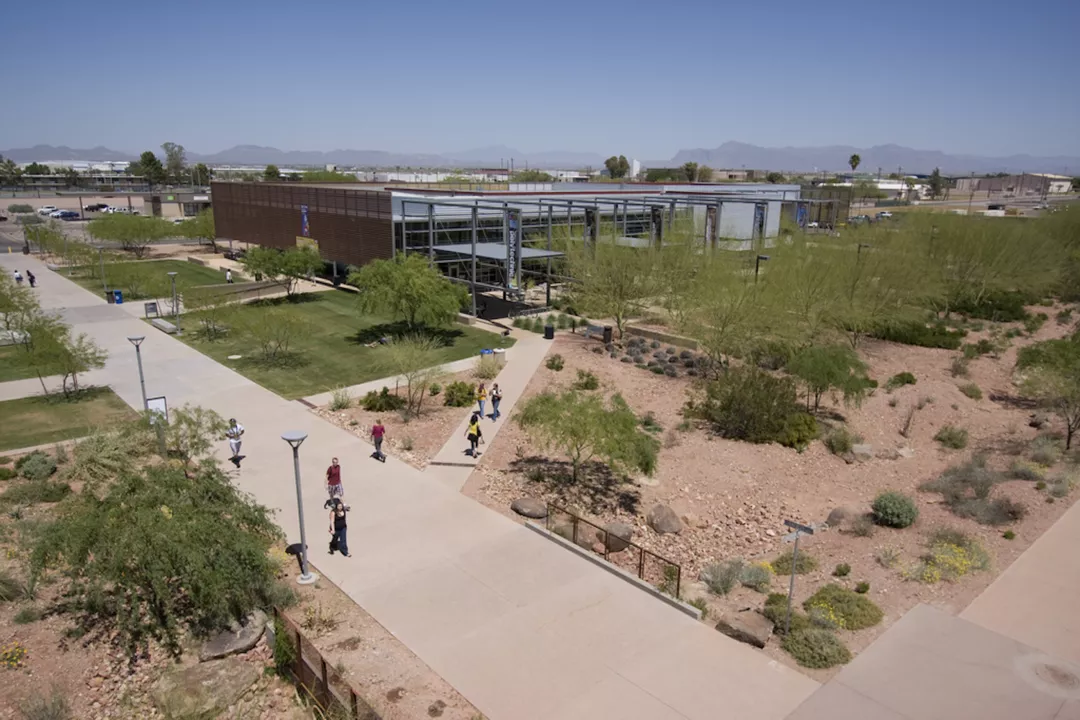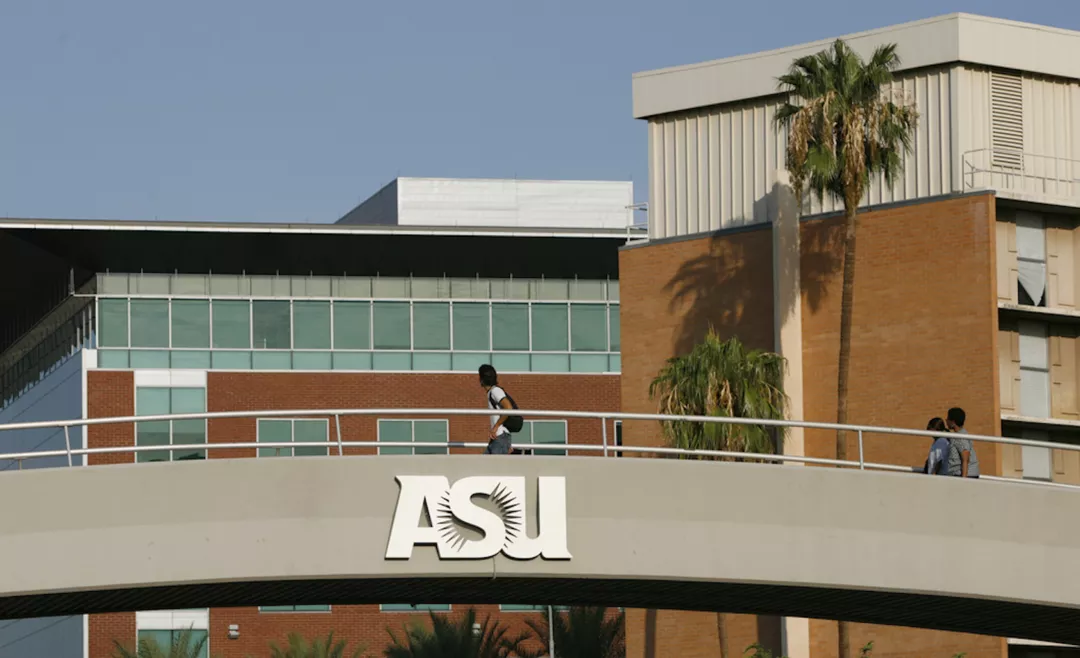-
hello@abroadcube.com
Mail us
-
Call For Help:
98779 83783
-
Whatsapp Us
70090 34921
The MPP program allows students to approach the study of public policy with a focus on public policy in the urban setting.
The program trains people to lead by making positive policy decisions, addressing the difficult questions associated with public policy, and managing the process of policy creation, approval, implementation and evaluation. Students also gain an understanding of policies addressing issues such as poverty, education, the environment and public safety. At the conclusion of the master's degree program, students are able to identify, analyze and interpret the challenges and dilemmas of public policies, especially those of urban areas. Students also are able to approach policy analysis with a variety of quantitative and qualitative methods and are prepared to develop innovative processes and tools to deal with changing realities of public policy and address issues on a global, regional and local scale.
The Master of Public Policy program with a concentration in Urban Policy provides knowledge and skills for students seeking or advancing careers in areas in which urban dynamics and local governance play an integral role in the policy process. This concentration's program emphasizes theories and research concerning urban policy analysis and economics as well as urban management, urban city government, public budgeting and finance in an urban context.
| Level | Masters |
| Discipline | Arts and Humanities |
| Duration | 24 months |
| Intakes | Jan, Sep |
| Application Fees | USD 0 |
| Tuition Fees | USD 38614 |
| Campus | Downtown Phoenix |
| Language proficiency (minimum) | |
| IELTS | 6.5 |
|---|---|
| TOEFL | 80 |
| PTE | 60 |
| Duolingo | 105 |
| Exam proficiency (minimum) | |
| SAT | Not Required / Waiver |
|---|---|
| ACT | Not Required / Waiver |
| GRE | Not Required / Waiver |
| GMAT | Not Required / Waiver |
Minimum GPA - 77%
QS Quacquarelli Symonds is the world’s leading provider of services, analytics, and insight to the global higher education sector, whose mission is to enable motivated people anywhere in the world to fulfil their potential through educational achievement, international mobility, and career development.
THE (Times Higher Education) has been providing trusted performance data on universities for students and their families, academics, university leaders, governments and industry, since 2004. We create university rankings to assess university performance on the global stage and to provide a resource for readers to understand the different missions and successes of higher education institutions.
The Academic Ranking of World Universities (ARWU) was first published in June 2003 by the Center for World-Class Universities (CWCU), Graduate School of Education (formerly the Institute of Higher Education) of Shanghai Jiao Tong University, China, and updated on an annual basis
The "Webometrics Ranking of World Universities" is an initiative of the Cybermetrics Lab, a research group belonging to the Consejo Superior de Investigaciones Científicas (CSIC), the largest public research body in Spain. CSIC is among the first basic research organizations in Europe. The CSIC consisted in 2006 of 126 centers and institutes distributed throughout Spain.





